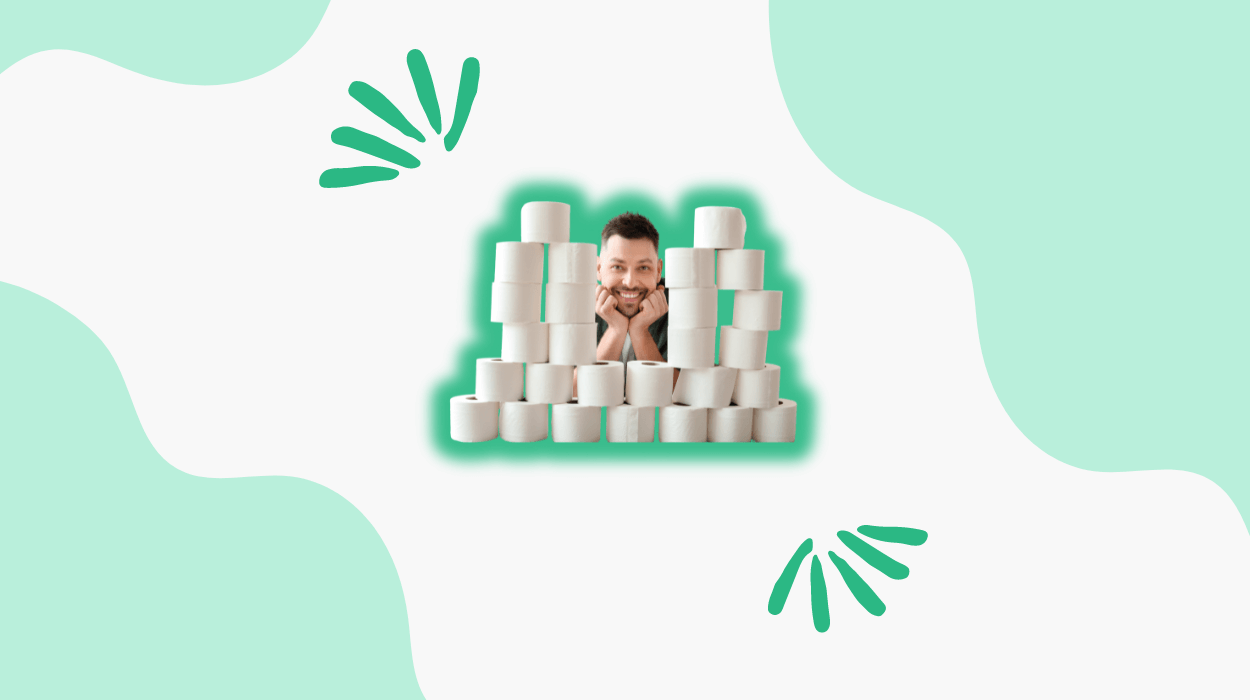

Hoarding disorder is a severe condition. It could gradually consume people, often without their realization, until it reaches a critical point.
The compulsive acquisition of objects could lead to clutter, unsanitary living conditions, and strained family relationships.
People with hoarding disorder may feel comforted by accumulating items and attaching irrational sentimental value to possessions. This behavior may result in distress, impairment in daily functioning, and social isolation.
Hoarders may experience shame, guilt, stress, and anxiety due to their living environment and their emotional attachment to possessions.
Addressing hoarding behavior is vital for improving mental well-being, requiring self-compassion, relaxation techniques, and seeking professional help.
Understanding how hoarding disorder could impact lives and implementing effective management strategies may help people better manage their hoarding symptoms and behavior.
According to NHS, a hoarding disorder is when a person stores many items or materials and chaotically keeps them. This might lead to a heap amount of clutter.
Hoarding disorder is not about the value of items but the emotional attachment to them. Hoarders accumulate possessions, causing a mess that could lead to health and safety hazards, strain relationships, and impact daily life significantly.
Identifying hoarding disorder involves understanding the irrational beliefs and behaviors surrounding possessions, including fear of scarcity and sentimental attachments.
Approaching hoarders with empathy and patience is essential in addressing their hoarding behavior effectively. Hoarding disorder could be linked to other mental health conditions, making professional help and support vital in managing and overcoming it.
| Hoarding Disorder | Symptoms |
|---|---|
| Excessive attachment to belongings | Overestimating the importance of possessions |
| Feeling comforted by accumulating items | Accumulated clutter blocking home access |
| Cluttered and unsanitary living environments | Health implications like dust, mold, and infestations |
| Strained relationships | Social isolation and loneliness |
| Difficulty discarding items causing distress | Behavior beyond normal collecting tendencies |
Family members often have a stronger bond, making it vital to address hoarding issues promptly and collaboratively.
Working with the hoarder to find solutions could be more effective than imposing changes unilaterally. Respect their decisions and offer support throughout the process.
Encouraging harm reduction strategies, setting achievable decluttering goals, and providing patience and encouragement may motivate the hoarder in their recovery journey.

Active listening could be significant in fostering a supportive environment when supporting people struggling with hoarding tendencies.
Many hoarders could find it challenging to express the reasons behind their behavior and may feel embarrassed about their struggles.
Being a good listener may help them open up about the issues troubling them for a long time. Instead of immediately offering solutions, taking the time to listen attentively and asking thoughtful questions may help them navigate the process of addressing their hoarding addiction.
Motivation could also be vital in assisting hoarders on their journey to recovery. Celebrating small victories, setting achievable decluttering goals, and providing continuous encouragement may help in motivating them.
When assisting a hoarder in sorting out their belongings, consider the following steps:
Educating and recognizing that hoarding is not about the material value of possessions is vital. Still, rather, the emotional attachment hoarders have to them. The persistent difficulty in discarding possessions might lead to excessive accumulation, which could result from a perceived need to save items.
Educating oneself about hoarding disorder could help gain insight into the reasons behind hoarding behavior, such as the emotional comfort people derive from accumulating items and the distress caused by discarding them.
Celebrating small victories may encourage and reinforce positive behaviors that lead to lasting changes. Here are three practical ways to praise a change and celebrate small wins in the process of hoarding recovery:
It is essential to gently encourage the hoarder to seek professional help for their condition. It could be challenging to take the first step, but reaching out for assistance is a positive and empowering decision.
Here are some ways to encourage a hoarder to seek professional help:
The urge to clean up may come from a place of care and concern. Still, it is necessary to recognize that people struggling with hoarding disorder must actively participate in decluttering to foster lasting change.
Cleaning up for them removes the opportunity for people with hoarding tendencies to confront their attachment to possessions, make decisions about their belongings, and develop crucial organizational skills.
It is essential for their growth that they engage in the sorting and decision-making process themselves, even if it may seem overwhelming at first.
Understanding the impact of hoarding disorder on people and their families is essential in providing support and guidance towards healthier living environments and improved mental health.
Acknowledging the harmful effects of hoarding, encouraging people to seek professional help,
and offering motivation and listening could help them navigate the complexities of this condition.
Supporting and celebrating their progress, no matter how small, can also boost their confidence and determination to make positive changes.
It is important to support them throughout their rehabilitation process, emphasizing that recovery is a gradual journey that requires patience and understanding.
Remember to approach hoarding with sensitivity, empathy, and practical interventions to support hoarders in improving their emotional well-being and quality of life.
Tyler Read earned an undergraduate academic degree from Sonoma State University, California and is a certified personal trainer (CPT) with NASM (National Academy of Sports Medicine). With over 16 years of experience, Tyler has trained clients both online and in-person.
He is passionate about helping others turn their love for fitness into a career. Tyler has worked with many local and commercial gyms before establishing his successful private personal training business, which he continues to operate.
